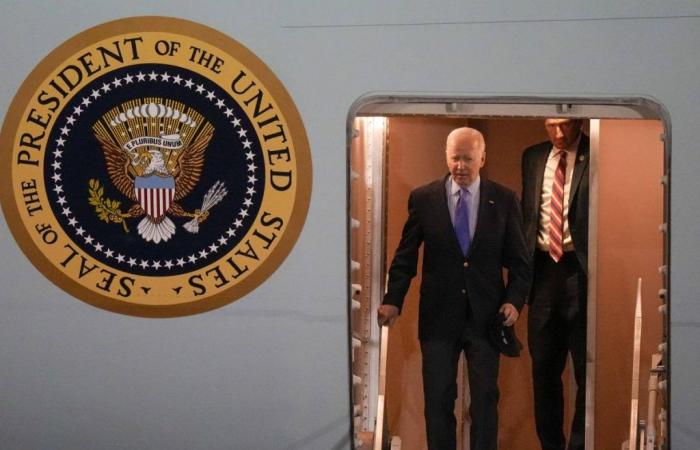
The other side of Borgo Egnazia is in Nizhny Novgorod. On Monday and Tuesday, just before the G7 in Puglia, the foreign ministers of the so-called Brics, the developing economies, met in the central Russian city 500 kilometers from Moscow. Doing the honors was Sergey Lavrov, Putin’s right-hand man, but there were also Iranians, Egyptians, Brazilians and Indians. Another 15 countries, including Turkey, had been invited as observers. The group, chosen by the Kremlin to act as a counterbalance to the pro-Ukraine Western axis, had never been so numerous.
After the minute of silence to commemorate Iranian President Raisi, the protagonist of the summit immediately became the Chinese Wang Yi who deplored the “rampant politicization and securitization of global economic issues” linked to the ever “increasing use of unilateral sanctions and technological barriers” . In winged tones, the Chinese Foreign Minister invited the participants “to follow the trend of historical evolution and remain on the side of justice and fairness.”
His words anticipated by a few hours the equal and opposite invitation that will come from the G7. According to the draft of the final document made public by the Bloomberg agency, the leaders of industrialized countries will ask Beijing to stop supporting Russia in its war of aggression. “China’s continued support for Russia’s defense industrial base has significant and far-reaching security implications,” the text says. Beijing supports Moscow by helping it to circumvent sanctions, providing it with technology, using its banks to facilitate trade with third countries, industrialized countries say. And the economic policy of the Asian giant will also end up in the dock, whose choices “are creating global repercussions, market distortions and harmful overcapacity in a series of sectors”.
The most substantial part of the Borgo Egnazia summit will insist on this fault line: on the one hand the international order of what Moscow now habitually calls the Collective West; on the other, the autocracies subject to sanctions such as Russia and Iran, which move with the friendly benevolence of the Chinese giant. On the agenda of the Apulian summit there is, as has transpired, not only the question of Russian funds frozen abroad, but also the possibility of tightening the regime of secondary sanctions, those which target those who help the Kremlin to circumvent the embargo. Needless to say, the target would be, above all, Chinese banks which, not surprisingly, fearful of losing access to Western markets, in recent months have tried to loosen the most obvious relations with Russia.
Even the presence in Borgo Egnazia of leaders of Brics countries, such as the Indian Modi and the Brazilian Lula, largely fits into the wake opened by the Ukrainian conflict. The goal is to defeat Moscow’s narrative. Having abandoned the initial and unlikely motivations of a “Nazi” threat, the Kremlin has long sought consensus at an international level by presenting itself as the standard-bearer of the South of the world opposed to the capitalist and colonizing West.
The slogan has already passed through a large part of the Western pacifist world, often (more or less consciously) aligned with the Kremlin. The danger is that it will also be a winner among the economically struggling countries of what was once called the Third World.




